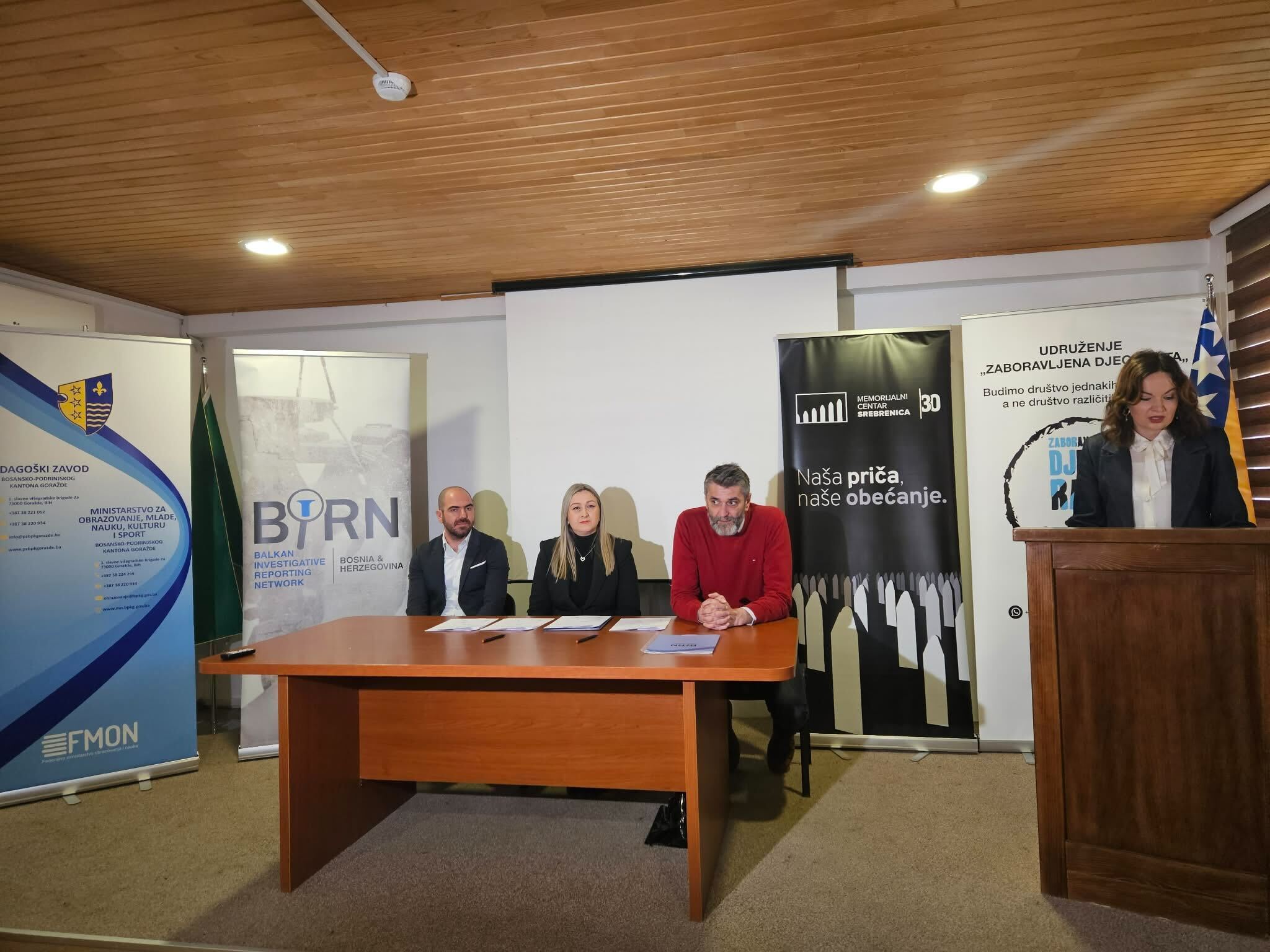This post is also available in: Bosnian
Judge Patricia Cohen’s order said that the prosecution’s request “contains sufficient competent evidence to grant the certificate of Kosjerevac’s extraditability”. The final decision the extradition is up to the US Secretary of State.
The Bosnian prosecution accuses Kostjerevac, as a former military policeman with the Bosnian Army’s First Muslim Brigade in Zvornik, of raping a pregnant Serb woman who was being detained in a building that he was guarding in September and October 1992.
“The rape and abuse caused the injured party to suffer a miscarriage,” the prosecution said when the indictment was raised.
Kostjerevac was indiucted in 2015 but because he was living abroad, an Interpol ‘red notice’ was issued for his arrest.
He moved to the US about 17 years ago with his wife and lived in the city of St. Louis.
The St. Louis Post-Dispatch reported that Kostjerevac admitted to US FBI agents that he was a military policeman and that he saw the woman while she was in custody, but denied that he raped her.
Kostjerevac also claimed he sent her food and refused to kill her when others told him to do so.
The Post-Dispatch said that the woman told investigators involved in the extradition procedure that she was arrested on September 17, 1992 “after Muslim forces had surrounded her village” and was held prisoner in a basement for about two weeks.

